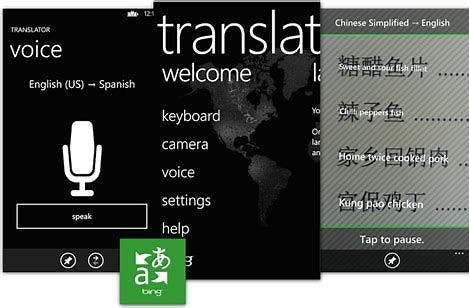Introduction:
In our interconnected world, where communication knows no borders, the role of translators has become increasingly vital. Translators serve as linguistic architects, breaking down language barriers and enabling seamless communication between people who speak different languages. This article explores the significance of translation, the skills required for this profession, and the evolving landscape of translation in the digital age.
The Importance of Translation:
- Facilitating Cross-Cultural Communication: Translators play a crucial role in fostering understanding and collaboration between individuals and communities that speak different languages. They enable the exchange of ideas, information, and culture on a global scale.
- Expanding Business Horizons: In the business world, translation is a key factor in international trade and expansion. Companies looking to enter new markets rely on translators to adapt their marketing materials, product documentation, and communication strategies to suit local languages and cultural nuances.
- Preserving Cultural Heritage: Translators contribute to the preservation of literary works, historical documents, and cultural traditions. Through their work, they ensure that the richness of one language is not lost when translated into another, allowing diverse cultures to be shared and appreciated worldwide.
Skills Required for Translation:
- Proficiency in Multiple Languages: Translators must be fluent in at least two languages, including their native language and one or more source languages. A deep understanding of grammar, syntax, and cultural context is essential.
- Cultural Competence: Understanding the cultural nuances of both the source and target languages is crucial. Translators need to be aware of idioms, colloquialisms, and cultural references to convey the intended meaning accurately.
- Research and Attention to Detail: Translators often encounter specialized or technical content. Strong research skills are necessary to accurately translate complex terms, ensuring the precision and reliability of the translated material.
- Writing Skills: A translator must be an excellent writer, capable of expressing ideas clearly and eloquently in the target language. This skill is especially important when translating literary works or marketing content.
- Adaptability: The ability to adapt to different writing styles, tones, and contexts is crucial for a translator. Whether translating legal documents, medical texts, or creative writing, versatility is key.
The Digital Age and Translation Technology:
- CAT Tools and Machine Translation: Computer-Assisted Translation (CAT) tools, such as Trados and memoQ, aid translators in managing terminology and improving efficiency. Machine Translation (MT) tools, like Google Translate, have also become prevalent, though human intervention is often necessary for nuanced and accurate translations.
- Globalization and Remote Collaboration: The digital age has facilitated remote collaboration among translators and clients worldwide. Cloud-based platforms allow seamless sharing of documents and real-time communication, making the translation process more efficient.
- Challenges and Ethical Considerations: While technology has enhanced the translation process, it also presents challenges. Machine translations may lack the subtleties and cultural nuances that human translators provide. Ethical considerations, such as privacy and confidentiality, become paramount in an era of digital connectivity.
Conclusion:
In a world that thrives on communication and connectivity, translators serve as essential conduits, ensuring that language differences do not impede understanding. Their ability to navigate linguistic intricacies, coupled with advancements in technology, positions translation as a dynamic and evolving profession. As the demand for global communication continues to rise, the role of translators remains indispensable in fostering mutual understanding and building bridges across diverse linguistic landscapes.
